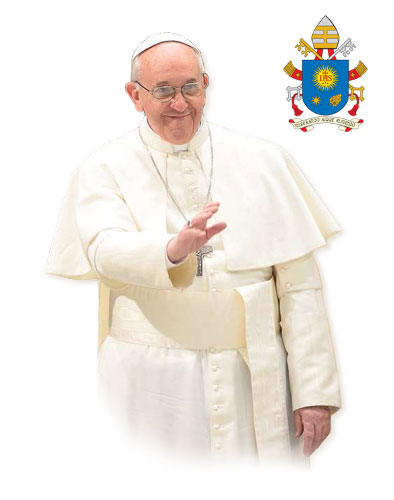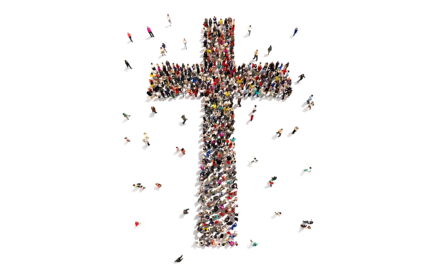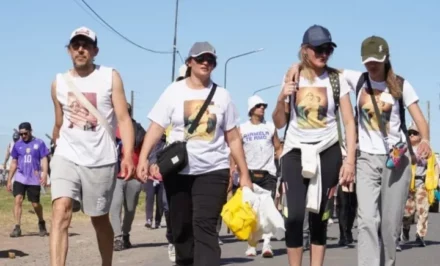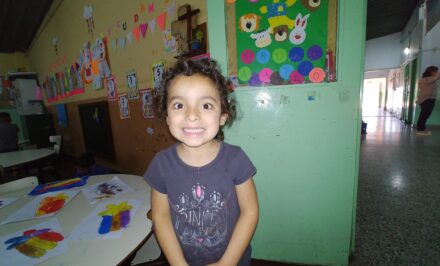
Culture of encounter is a covenant culture that creates solidarity.
Audience, 25.10.2014

Listening is essential. It is not only a necessary condition in a process of mutual comprehension and peaceful coexistence, but is also a pedagogical duty in order to be able to “acknowledge the values of others, appreciate the concerns underlying their demands and shed light on shared beliefs” (Apostolic Exhortation Evangelii Gaudium, n. 253).
Meeting with the Pontifical Institute for Arabic and Islamic Studies, 24.01.2015
It’s one thing to pass down the faith and another thing to teach the truths of the faith. Faith is a gift. Faith cannot be studied. We study the truths of the faith, yes, to understand it better, but faith is never reached by studying. Faith is a gift of the Holy Spirit, it is a gift that goes beyond any preparation. If we do not take care, each day, to rekindle this gift from God that is faith, faith weakens, becomes watered down and ends up becoming culture: “Yes, but, yes, yes, I’m a Christian, yes, yes,” but it is only a culture. Or gnosis, or knowledge: “Yes, I know everything about faith, I know the Catechism well.” But how do you life your faith? And this is the importance of rekindling this gift each day: keep it alive.
Mass at Santa Marta 26.01.2015
God did not give us a spirit of fear. The spirit of timidity goes against the gift of faith, prevents it from growing, moving forward, becoming great. And shame is the sin of those who say: “Yes, I have faith, but I cover it up, so that it’s not that visible.” A little bit here, a little bit there, this is how the faith — as those who came before us said — becomes superficial in this way. Because I am ashamed to live it boldly. No. This is not faith: neither timidity nor shame. But what is it? It is a spirit of strength, charity and prudence. This is faith.
Mass at Santa Marta, 26.01.2015
First of all, God always forgives! He never tires of forgiving. We are the ones who tire of asking forgiveness. But He doesn’t tires of forgiving. When Peter asks Jesus: “How many times must I forgive? Seven times?” “Not seven times: seventy times seven.” In other words, always. This is how God forgives: Always. And if you have lived a life full of sin, filled with many bad things, but at the end, you repent and ask forgiveness, He forgives you immediately! He always forgives.
Mass at Santa Marta, 23.01.2015
There is no sin that He does not forgive. He forgives everything. “But Father, I don’t go to confession because I have done so many terrible things, some of these cannot be forgiven.” No, that’s not true. He forgives everything. If you repent, he forgives everything. Many times He doesn’t let you speak: you start asking for forgiveness and He makes you feel that joy of forgiveness before you have finished saying everything.
Mass at Santa Marta, 23.01.2105
So often, confession seems to be a practice, a formality: ‘Bla, bla, bla…bla, bla, bla…bla, bla, bla…Go.” Very mechanical. No! Where is the encounter? The encounter with the God who reconciles, who embraces you and celebrates. This is our God, who is so good. We should also teach: so that our children can learn, teach our children to make a good confession, because going to confession is not like going to the dry cleaners to remove a stain. No! It is to meet the Father who reconciles, who forgives, who celebrates.
Mass at Santa Marta, 23.01.2105
The love of God breaks through that fatal withdrawal into ourselves which is indifference. The Church offers us this love of God by her teaching and especially by her witness. But we can only bear witness to what we ourselves have experienced. Christians are those who let God clothe them with goodness and mercy, with Christ, so as to become, like Christ, servants of God and others. This is clearly seen in the liturgy of Holy Thursday, with its rite of the washing of feet. Peter did not want Jesus to wash his feet, but he came to realize that Jesus does not wish to be just an example of how we should wash one another’s feet. Only those who have first allowed Jesus to wash their own feet can then offer this service to others. Only they have “a part” with him (Jn 13:8) and thus can serve others.
Message for Lent 2015
Adapted translation from Vatican website, Osservatore Romano
![]()













